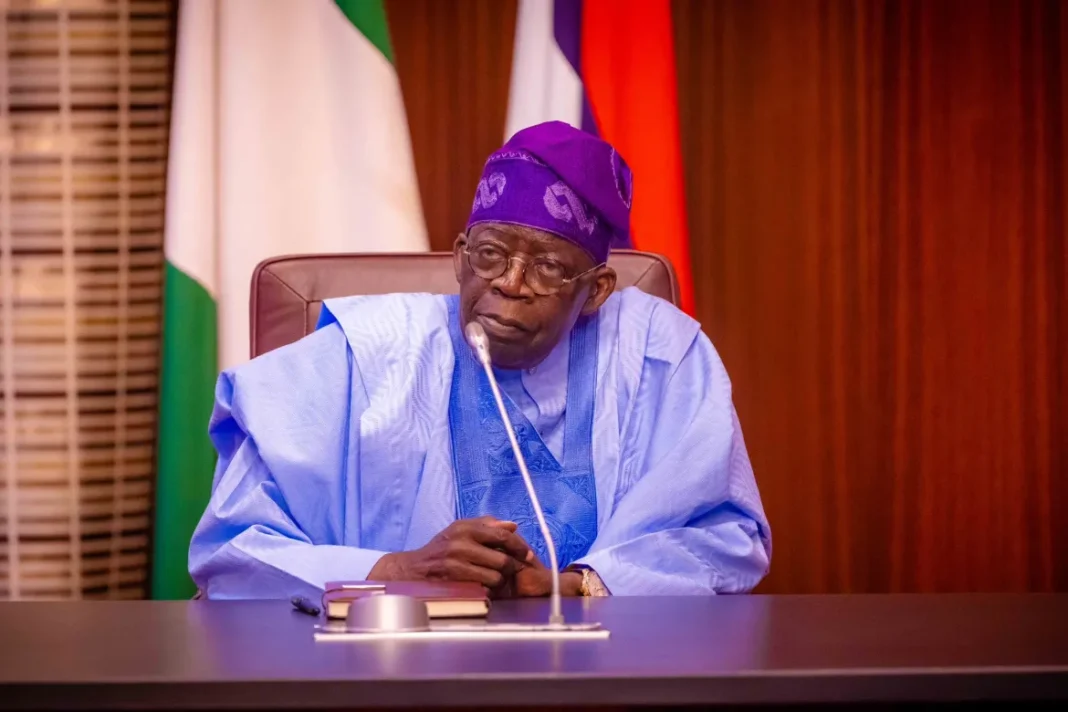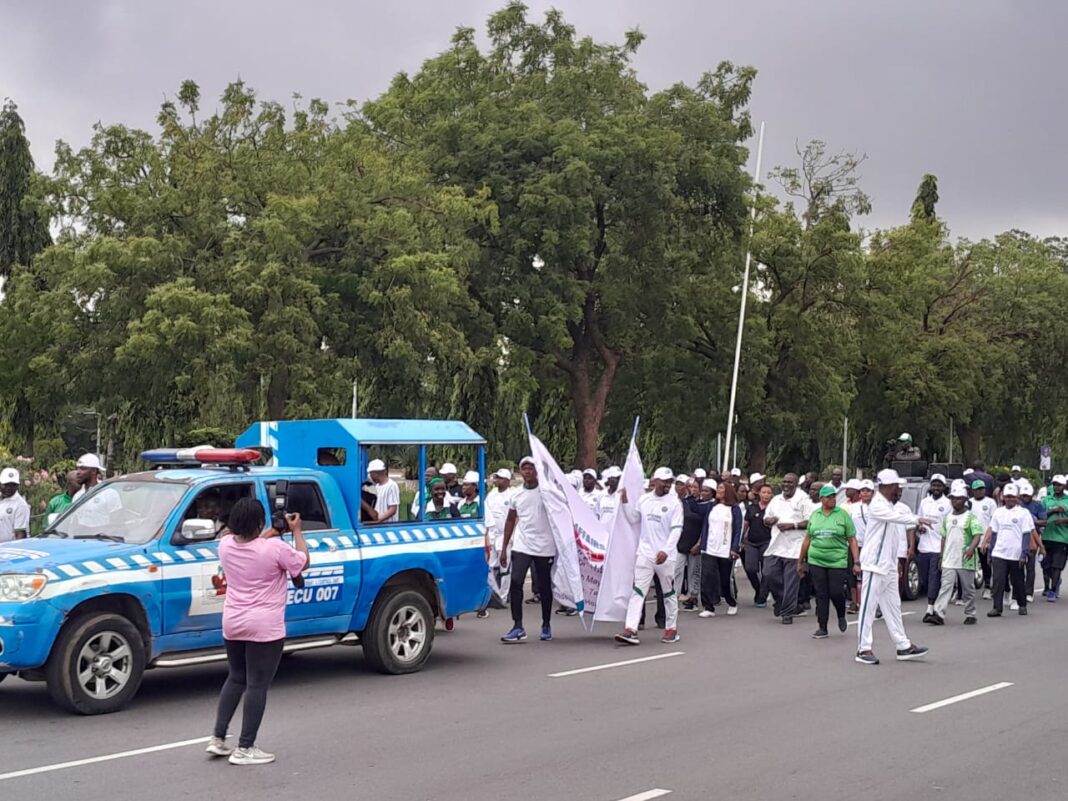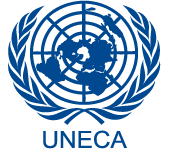Abuja — President Bola Ahmed Tinubu has outlined key achievements marking two years in office, citing economic growth, infrastructure development, and social welfare programs.
According to the President’s statement, Nigeria recorded a 3.84 percent GDP growth in the fourth quarter of 2024, the highest in three years. The administration also increased the minimum wage to N70,000 and provided over 900,000 beneficiaries with loans through the Presidential Loan and Grant Scheme. Additionally, the Student Loan Scheme reportedly reached 300,000 beneficiaries.
Infrastructure projects include over 440 ongoing road constructions spanning 2,700 kilometres of superhighways. Foreign exchange debt clearance exceeded $10 billion, while foreign exchange reserves rose from $3.99 billion in 2023 to $23.11 billion in 2024. The administration also claimed $50 billion in new Foreign Direct Investment (FDI) commitments and $8 billion unlocked in oil and gas investments.
On security, the government stated that over 13,500 terrorists were eliminated. Furthermore, five new Regional Development Commissions were established alongside four new tax bills. Investments in solid minerals processing reportedly reached over $800 million in 2024.
However, independent analyses present a mixed assessment. Verified data confirm GDP growth and wage increases, but actual FDI inflows stand at approximately $449 million, significantly lower than the administration’s claims. Foreign exchange debt clearance is estimated closer to $7 billion. The figure for terrorists eliminated lacks independent verification.
The government’s removal of fuel subsidies and exchange rate unification contributed to a rise in inflation, which reached 34.6 percent, impacting the cost of living and eroding wage gains.
Observers note that while economic and infrastructure gains are evident, persistent inflation and security challenges continue to affect Nigerians. The administration’s success will be judged by its ability to sustain growth while addressing these pressing issues.
The African Development Bank (AfDB) commended Nigeria’s fiscal reforms, noting that “Nigeria’s recent economic growth, driven by policy adjustments and increased revenue generation, is a positive sign. However, inflation remains a serious concern that could undermine these gains if not addressed decisively.”
World Bank Country Director for Nigeria, Dr. Saroj Kumar Jha, said, “Nigeria’s GDP growth of 3.8% in late 2024 reflects recovery momentum after years of stagnation. Yet, inflation hovering above 30% continues to erode household incomes, especially for low-income Nigerians.”
On security, security analyst Dr. Amina Mohammed noted, “Despite government claims of improved security, ongoing attacks and kidnappings persist in several regions, hampering economic activities and investor confidence.”







